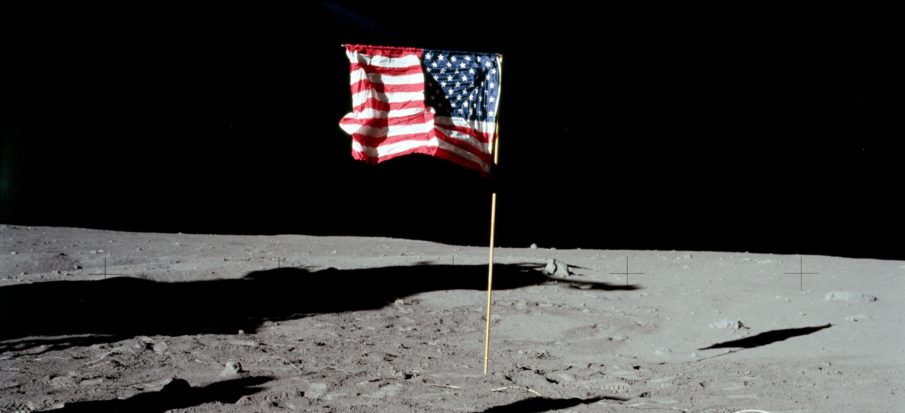In 2011, Google announced the Google Lunar X Prize; a contest intended to usher in a new era of privatized space exploration by offering $20 million to the first team that successfully lands a rover on the surface of the moon, operates it, and sends back HD footage of the event. Twenty-nine of the world’s top tech teams signed up for the competition, each designing their own lander, securing their own means of travel to the lunar surface, and receiving no formal assistance from any of the world’s governmental space agencies. Six years later, only five teams remain in the hunt, and all five are slated to make their trips in the coming year.
Only one remaining team, Moon Express, is US based. They have secured a multi-mission deal with Rocket Lab USA to launch three separate lunar missions by 2020, with the intent of “establishing new avenues for commercial space activities beyond earth orbit.”
The other teams hail from Israel, India, Japan, and a final team comprised of members from fifteen different nations.
In order to be eligible to win the prize, the lunar lander must be launched prior to December 31st, 2017. Once on the surface of the moon, the rover must travel at least five hundred meters and stream high resolution pictures and video back to Earth. Additional awards will be given for achieving other lunar accomplishments, such as sending back pictures and video of one of the Apollo landing sites.
“In entering the final stretch, we wanted to see and prove that these teams were on manifested launches. That’s important because it shows they must have money in place because they’re now having to make payments to those launch providers,” Chanda Gonzales-Mowrer, the senior director at the Google Lunar X-Prize, told BBC News.
“That gives us a lot of confidence. And we’re now working with the teams on developing their mission profiles and in setting up the process to judge them.”
A one-million-dollar Diversity Prize, intended to be awarded to the team that offered the most unique and creative approach to the challenge, is instead being split up between sixteen teams for their efforts.
“XPRIZE and Google have been awestruck by the educational outreach activities conducted by all of the competing teams and have decided to split the $1 million Diversity Prize across all 16 teams to recognize each of their unique approaches and initiatives over the years,” said Chanda Gonzales-Mowrer.
“Each of these teams has pushed the boundaries to demonstrate that you don’t have to be a government superpower to send a mission to the Moon, while inspiring audiences to pursue the fields of science, technology, engineering, and mathematics.”
The hope is that the teams that dropped out or failed to secure a launch window for 2017 will continue their efforts to develop low cost solutions to the challenges of manned and unmanned spaceflight.
The X-Prize foundation first gained notoriety in 1996, when a contest was announced that would award ten million dollars to the first team that could put a reusable rocket into orbit twice within two weeks. It was won in 2004 by a team financed by Microsoft co-founder Paul Allen in a craft called SpaceShip One. Although the team was awarded the ten-million-dollar purse, over a hundred million dollars was invested into private space flight by the various teams as a part of the effort.
Already have an account? Sign In
Two ways to continue to read this article.
Subscribe
$1.99
every 4 weeks
- Unlimited access to all articles
- Support independent journalism
- Ad-free reading experience
Subscribe Now
Recurring Monthly. Cancel Anytime.










COMMENTS